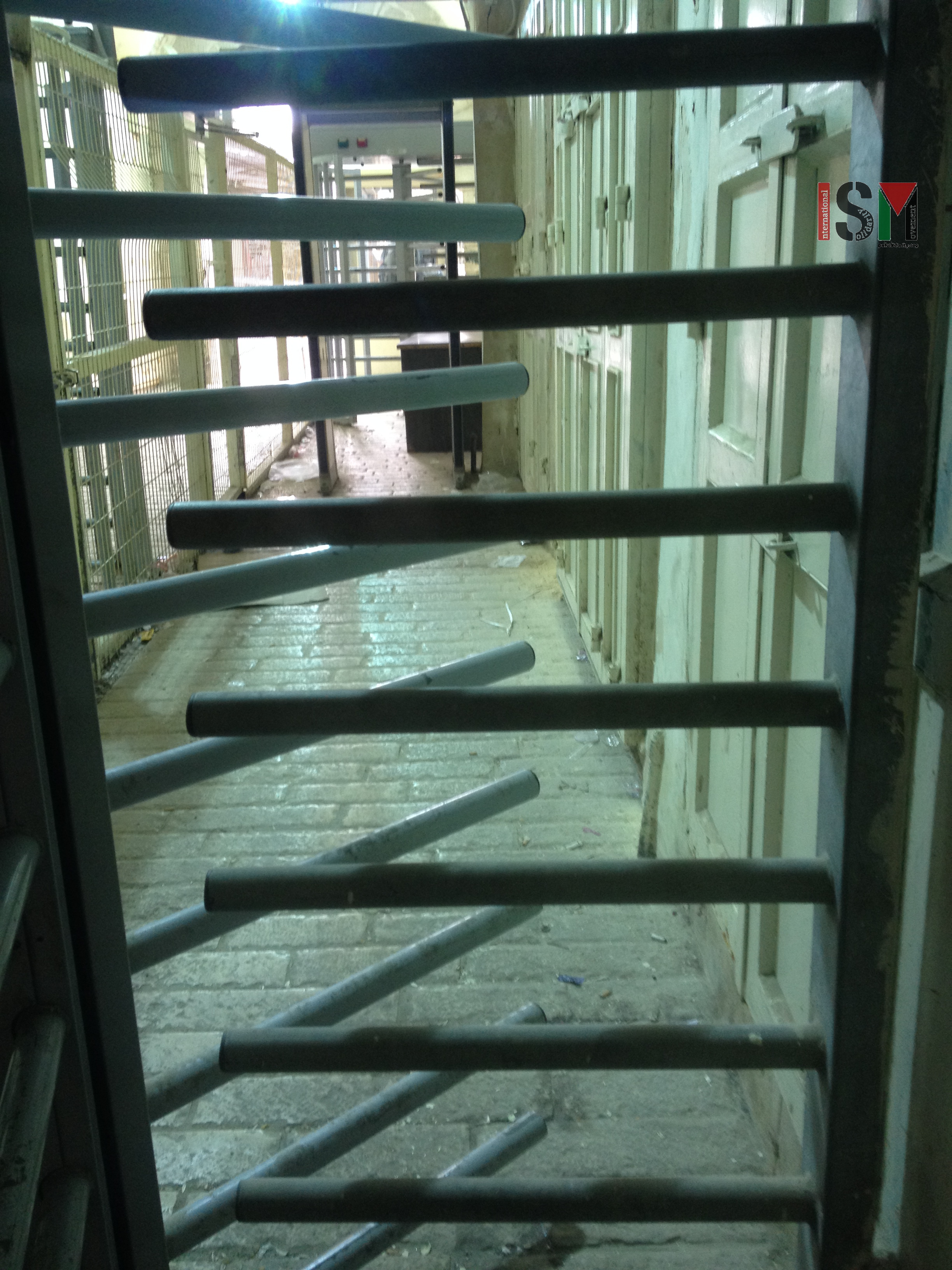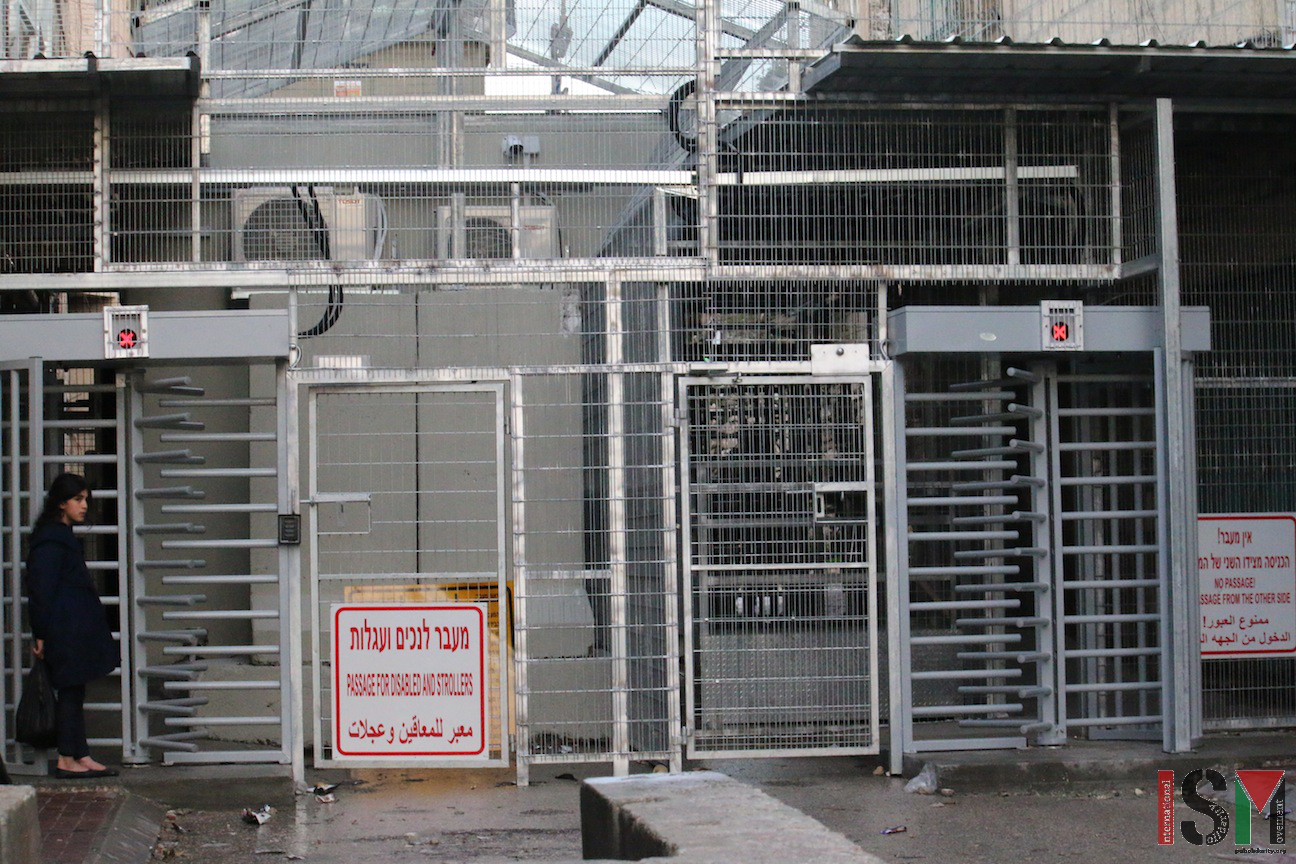Tag: Checkpoint
-
Israeli forces return to dehumanizing number system in wake of Hebron killings
26th March 2016 | International Solidarity Movement, al-Khalil team | Hebron, West Bank, occupied Palestine After completely closing Shuhada checkpoint to Palestinians in occupied al-Khalil (Hebron) on Thursday, 24th March 2016, Israeli forces have now returned to the practice of ‘numbering’ Palestinian residents in order to restrict access to the adjacent neighborhoods. Soldiers are now…
-
Checkpoint harassment – everyday ‘normality’?
17th March 2016 | International Solidarity Movement, al-Khalil team | Hebron, occupied Palestine Occupied al-Khalil (Hebron) is a city of far too many checkpoints. Operated by heavily armed Israeli forces, they create obstacles that all Palestinians must cross in order to go about their daily lives in al-Khalil: to go to school or work, to…
-
CALL TO ACTION! Join Twitterstorm to #EndHebronMilitaryZone
Three months ago, in the wake of two extrajudicial executions committed by Israeli forces in Tel Rumeida, Israeli military authorities forced Palestinians living in the neighborhood to register and receive numbers in order to be allowed to reach their homes. Everyone else, including family members, media and Palestinian and international human rights defenders are barred…



